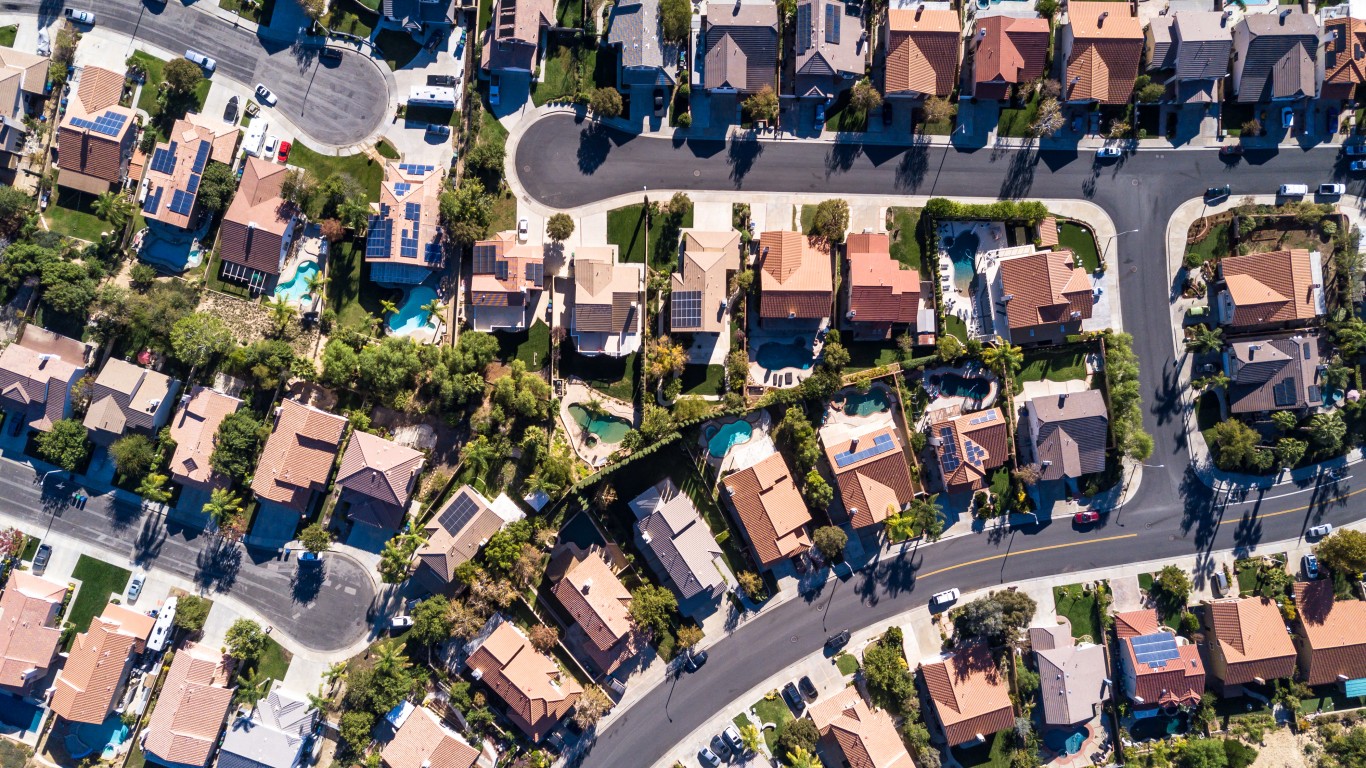 Freddie Mac is out with its projections for 2011, titled “A Slow Start to the New Year, But Better News Ahead.” Despite recent employment data showing a slow 2011 start, the report calls for a further recovery with job growth and some decline in unemployment rates. For housing, Freddie Mac’s outlook sees a modest improvement. Perhaps the biggest risk to housing is rising interest rates. A projection of an average mortgage rate of 5.20% has all sorts of implications for housing shoppers and for investors alike.
Freddie Mac is out with its projections for 2011, titled “A Slow Start to the New Year, But Better News Ahead.” Despite recent employment data showing a slow 2011 start, the report calls for a further recovery with job growth and some decline in unemployment rates. For housing, Freddie Mac’s outlook sees a modest improvement. Perhaps the biggest risk to housing is rising interest rates. A projection of an average mortgage rate of 5.20% has all sorts of implications for housing shoppers and for investors alike.
In the Fall of 2010, my family had to pay and arm and a leg to do it but we were able to refinance our mortgage rate to a shockingly low rate. We went from a fixed-rate to another fixed-rate. The average mortgage blend of a first and second mortgage was actually well above 6% on a combined basis before the refinance rate. That was just too high for today’s world of super-low rates. Our new rate is roughly 4.25% now. At issue is that mortgage rates have risen with longer-dated Treasury yields while Ben Bernanke and friends embarked on the policy of QE2.
Quantitative easing has not kept rates from rising, even if the Federal Reserve said the program was a success by arguing that rates would have risen even further without it.
Freddie Mac noted that The back-up in Treasury rates “prompted a similar rise in mortgage rates.: It showed that rates went from a low of 4.19% for 30-Year fixed rates in October up to about 4.80% for 30-year fixed rates by late December and in early January.
At issue, the Freddie Mac forecast noted that the main impact of higher rates will be a slowing down in the pace of mortgage refinancings. Now Freddie is putting a current forecast of a 5.20% average mortgage rate for 30-year fixed rates over 2011. While that is about a full percentage point above the 2010 lows, the message is that this would be the third lowest annual average since it began covering the annual average. The two lowest years were 2010 and 2009.
Freddie Mac’s outlook notes:
“Low mortgage rates combined with the house price declines experienced over recent years mean that homebuyer affordability is still very high. Although home sales may rise less than previously anticipated as a result of higher mortgage rates, sales are expected to be the best in at least three years, increasing about 10 percent above 2010 levels.”
What needs to be considered more than a ‘average rate’ on mortgages. If we started out at roughly 4.80% and we have an “average of 5.20% forecast” then a straight-line summary might imply that rates could get as high as 5.60% for 30-year fixed mortgages. There is not a real method of using a straight line here but we want to consider an “average” versus perhaps the peak.
If the rates stay where they are today for several months, then that 5.20% estimate might even need to ratcheted lower. The problem is that the economic recovery is expected to continue and that, in theory, is likely to bring higher interest rates. Another 40-basis point rise in mortgages from Freddie Mac’s forecast would imply the same or even higher gains in the yields of the 10-Year Treasury Note and in the 30-Year Treasury’s Long Bond.
The 10-Year yield today is 3.41% and the 30-Year yield today is 4.54%. At December 31, 2010, the 10-Year yield was 3.31% and the 30-Year yield was 4.36%. The peak yield in the 10-Year throughout December was up closer to today’s levels as the yield peak was a range of 3.52% to 3.57%. The peak yield in the 30-Year throughout December was up closer to today’s levels as the yield peak was a range of 4.55% to 4.62%.
Yahoo! Finance shows an average 30-Year rate of 4.75% today versus 4.91% last week. If we have an average of 40 basis points higher, then the 10-Year Treasury yield could approach 3.80% and the 30-Year Treasury yield could approach 4.85%. Again, straight-line additions cannot be counted on with certainty, but you get the idea. What Freddie Mac is telling you is that stock market yields may have to compete this year with Treasury yields of close to 4% on the 10-Year and close to 5% on the 30-Year.
JON C. OGG
Want to Retire Early? Start Here (Sponsor)
Want retirement to come a few years earlier than you’d planned? Or are you ready to retire now, but want an extra set of eyes on your finances?
Now you can speak with up to 3 financial experts in your area for FREE. By simply clicking here you can begin to match with financial professionals who can help you build your plan to retire early. And the best part? The first conversation with them is free.
Click here to match with up to 3 financial pros who would be excited to help you make financial decisions.
Have questions about retirement or personal finance? Email us at [email protected]!
By emailing your questions to 24/7 Wall St., you agree to have them published anonymously on a673b.bigscoots-temp.com.
By submitting your story, you understand and agree that we may use your story, or versions of it, in all media and platforms, including via third parties.
Thank you for reading! Have some feedback for us?
Contact the 24/7 Wall St. editorial team.



